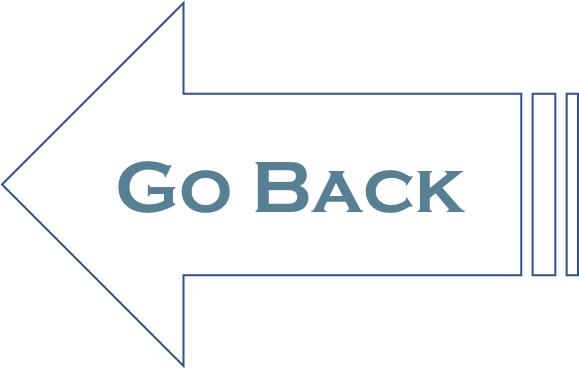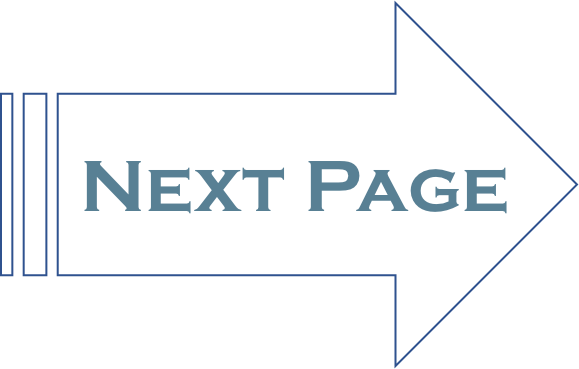Types of Assessment |
Page 14 |
Just like the myriad of reasons for assessment there are many types of assessments. You have likely used most of these in formal and informal ways, assessing a child’s development or learning. Like recordkeeping and observation, which assessment you use will be based upon your overall goal, the child, and what the assessment is trying to measure. Assessments range in complexity, purpose, endorsement, and length. With each type of assessment comes a wide range of specificities as well. A standardized test may require official documentation, cost, and materials while a student portfolio will require time and effort on the part of the educator. There is not one type of assessment that fits the needs of all children, educators, and things being assessed, either. This is why using a combination of assessments is considered best practice.
Observations
Observations are a step in the data collection process and are also an assessment type in their own right. Simple observations give educators a wealth of information about every element of the behavior or child being assessed. It is important to record your observations as previously discussed, especially when using an observation as an assessment.
Portfolios
These consist of a collection of your observations and other records. Student work samples, photographs, your notes and more are important pieces of a student portfolio. Including a wider range of evidence of a child’s learning and development will almost always be the most beneficial. This allows educators, directors, and parents to pick out specific documentation to support a claim or concern.
Standardized Tests
These are tests that have been created to follow a specific set of standards and protocol and are typically what we think of when we talk about tests and assessments. These tests are typically administered in a specific way and for a specific purpose.
Self-Assessment
Used very commonly in many programs, self-assessments refer to children identifying their aptitude in certain areas. They may use a checklist, an interview process, or goal setting to assess their own development, academic skills, and social interactions.
Parent Input
Another assessment used commonly in early childhood education is parent questionnaires or surveys. This gives educators the opportunity to work with families and to also assess what is being observed at home. Parents may insist that their child can button their own coat, but this may be something you have yet to see as the child’s teacher. Getting parent input as an assessment can often be very helpful.


